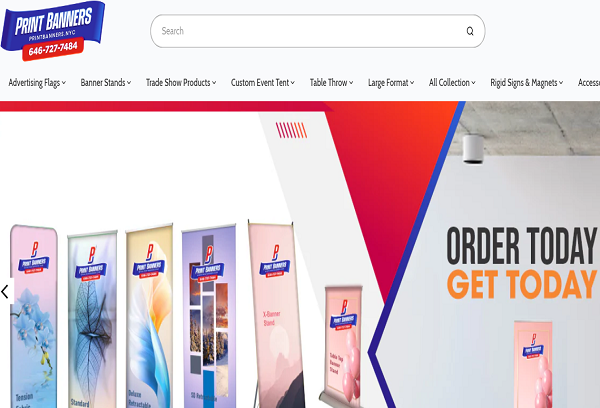Spam Leads from Google, Meta & TikTok Ads: Why They Happen and How to Handle Them
- April 7, 2025
Running paid campaigns on platforms like Google Ads, Meta (Facebook/Instagram), or TikTok can deliver incredible results — but there’s a catch. Along with real leads, you may start noticing some odd form submissions, strange comments, or suspicious signups. If this sounds familiar, you’re not alone.
What Are Spam Leads?
Spam leads are fake or irrelevant interactions triggered by your paid ads. Unlike genuine prospects, these submissions often come from bots or bad actors who have no interest in your business.
Here are some common signs of spam:
- Fake Contact Info: Entries like “asdf” or “test123@example.com” or clearly invalid phone numbers.
- Bulk Bot Signups: Dozens of similar-looking form fills in a short timeframe — often coming from the same IP address or browser type.
- Weird Comments: Irrelevant messages, gibberish, or unrelated language comments on social ads.
- Off-topic Inquiries: Submissions that seem to be ads for someone else’s service or contain strange keywords and backlinks.
It’s worth noting that spam leads are different from unqualified leads. A real person who submits your form but never responds is just part of the funnel — spam, on the other hand, is almost always garbage from the start.
Why Do Spam Leads Happen?
Spammers and bots are drawn to online advertising platforms for one main reason: visibility. Here’s why your campaigns attract spam:
- High Exposure Equals High Risk
Running paid ads means reaching thousands (or millions) of users. Along with that visibility comes a small percentage of fraudulent users. Studies show that over 50% of ad traffic on some networks may be non-human. - Bots Love Major Platforms
Sophisticated bots are programmed to target platforms like Google and Meta because of their sheer size. They mimic human behavior, click your ad, and fill out forms using fake credentials. - Click Farms & Scammers
In some cases, real people are paid to click ads and submit fake info just to generate “engagement.” Others may be trying to advertise to you — using your lead forms to promote their own business or drop backlinks for SEO.
What Do Spammers Actually Want?
Spam isn’t always random. Often, these fake interactions are aimed at:
- Testing Security: Bots probe forms to look for vulnerabilities or to trigger auto-responses.
- Phishing Attempts: Some spam leads include fake requests to lure you into scams or sales pitches.
- SEO Spam: Many spam comments are designed to sneak in backlinks or keywords for shady websites.
- Lead Fraud: In affiliate or display ad setups, bad actors generate fake conversions to boost payouts or drain your budget.
Don’t Panic: A Bit of Spam Is Normal
It can be frustrating to see fake leads flooding your inbox, especially when you’re paying for every click. But here’s the good news: spam is part of the game, not a sign that your campaign is broken.
How to Reduce Spam From Ads
Here are some proven tips to help cut down spam without losing legitimate traffic:
- Use CAPTCHA or reCAPTCHA on your lead forms to block bots.
- Set up form validation (e.g., flag obviously fake emails or phone formats).
- Enable ad platform filters to block suspicious IPs or low-quality placements (especially in Google’s Display or Search Partner networks).
- Monitor lead patterns to identify and block bot behavior (e.g., repeated submissions from the same IP).
- Avoid overly broad targeting – refine your audience to reduce exposure to click farms or irrelevant regions.
Looking to take your digital marketing strategy to the next level with expert PPC skills? At Earn SEO, a results-driven PPC agency in New York, we specialize in crafting high-performing ad campaigns that align perfectly with your SEO goals. Whether you’re optimizing for conversions or visibility, our team bridges the gap between organic and paid strategies. Get in touch today to see how we can elevate your online presence and ROI.
Earn SEO was established in 2011 by Devendra Mishra, a highly educated professional with varied training and experience. Mr. Mishra is responsible for business development, attracting new Earn SEO partners, and interacting with clients, the media and press, and acting as Brand Ambassador.
Devendra Mishra
Founder





































